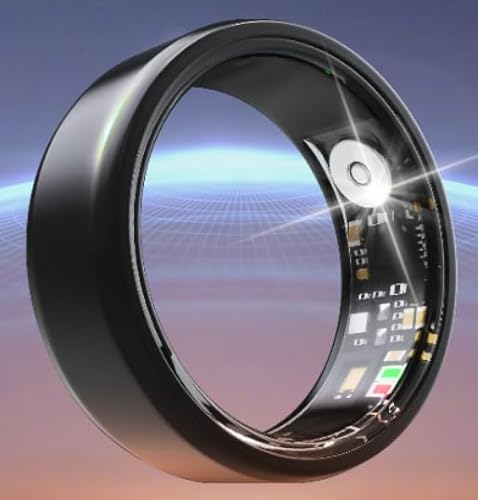Jkm7
Well-known member
When my cardio told me I needed a second OHS (four years after my first) and we discussed whether I'd go back to Mass General and my same (wonderful) surgeon, there must have been some expression on my face that troubled him that I might be considering refusing.
He ended our discussion by saying there is 'point of no return' when it is too late.
What would that be? What point?
Is it because the heart could be so overworked or weakened, it couldn't survive the surgery? How close to death would the patient be at that point when it was too late to opt for the surgery?
Thanks if you can answer. It's been something I've wondered about but have never asked my cardio.
He ended our discussion by saying there is 'point of no return' when it is too late.
What would that be? What point?
Is it because the heart could be so overworked or weakened, it couldn't survive the surgery? How close to death would the patient be at that point when it was too late to opt for the surgery?
Thanks if you can answer. It's been something I've wondered about but have never asked my cardio.






















